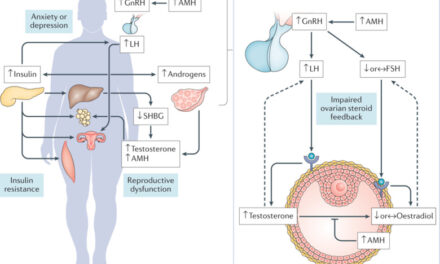 ear
ear
Ear infections, often considered a common and temporary childhood ailment, may have long-term consequences on language development, warns a new study conducted by researchers at the University of Florida. The research indicates that chronic ear infections, resulting in repeated instances of temporary hearing loss, can lead to deficits in auditory processing and language development in children, persisting into later years. The study emphasizes the importance of taking ear infections seriously and monitoring children closely even after preschool years.
The study, published in the International Journal of Pediatric Otorhinolaryngology, involved the evaluation of auditory processing and language development in 117 children aged 5 to 10 years, both with and without a history of chronic ear infections in early childhood. Children who experienced multiple ear infections before the age of three showed smaller vocabularies, difficulties in matching similar-sounding words, and challenges in detecting changes in sounds – indicating problems in the brain’s auditory processing centers.
Professor Susan Nittrouer, the lead researcher, stressed the need for parents, physicians, and speech pathologists to continue monitoring children long after preschool years, as some language deficits may only become apparent in later grades. Early treatment of ear infections can help prevent fluid buildup, which is detrimental to language development. Nittrouer recommends vigilant monitoring and, if necessary, the placement of temporary tubes in the eardrum to drain fluid and restore hearing, thereby reducing the risk of language development delays. Parents are encouraged to be aware of the potential impact of ear infections on language development and work closely with healthcare professionals to address any concerns.











